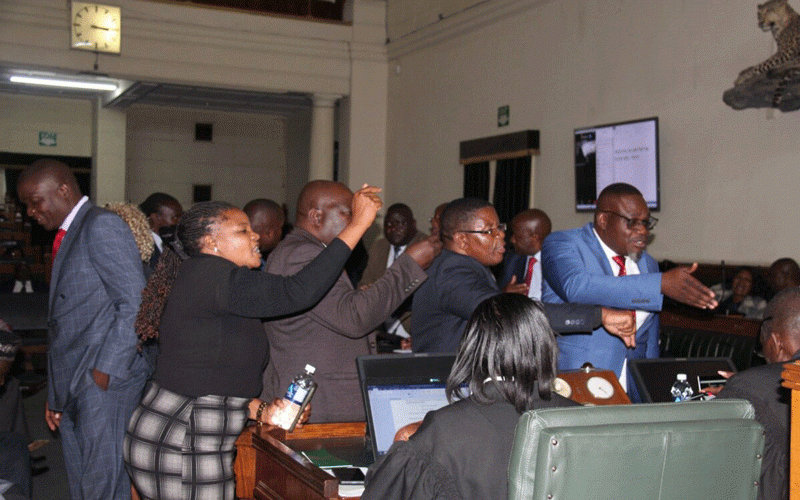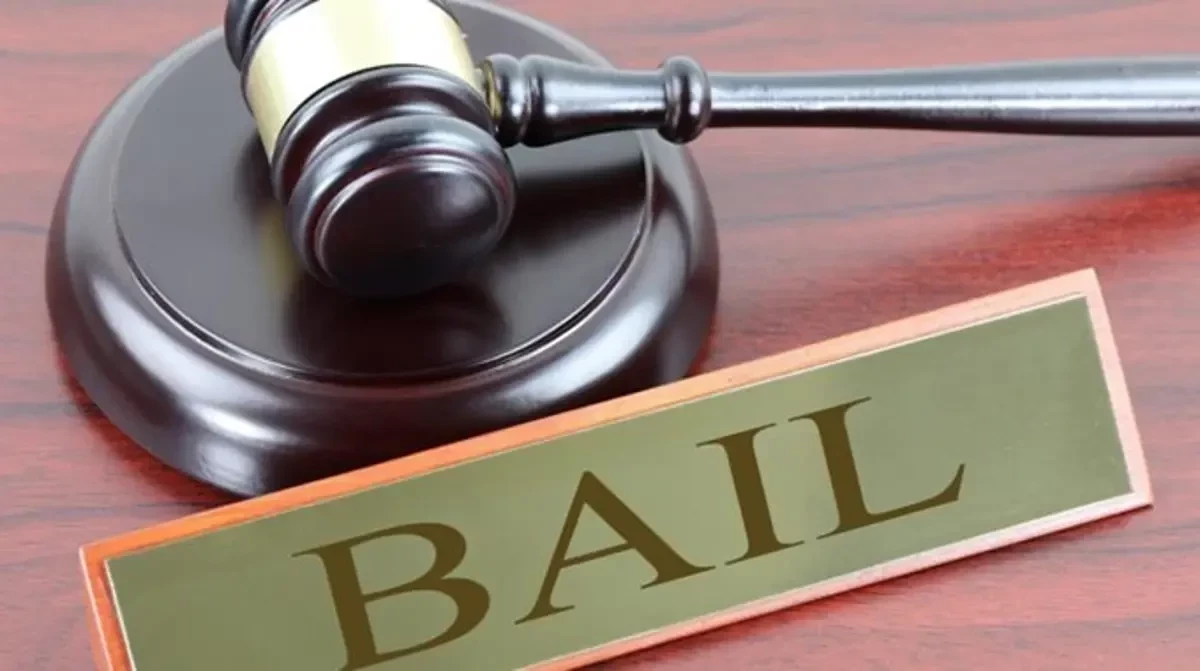
THE controversial Criminal Law (Codification and Reform) Amendment Bill, also known as the Patriot Bill, which was approved by the National Assembly last week has torched a storm, with legislators and legal experts questioning the constitutionality of the proposed legislation.
The ruling Zanu PF party used its majority in the House to push through the legislation, which must now be debated in the Senate.
The Bill criminalises any citizen who meets with foreign diplomats or officials if the State suspects that sanctions may have been discussed.
If signed into law, the National Prosecuting Authority of Zimbabwe would be authorised to initiate criminal prosecution against anyone who, at its discretion, is seen as undermining the country or making false statements to paint a negative picture of the country to foreign governments.
During the debate in Parliament, Norton legislator Temba Mliswa (Independent) refused to be part of the process.
“I am not part of this Bill, and will never be part of this mess that has happened today, it is a waste of taxpayers’ money. No wonder why some of you did not come back, you are useless. No wonder why you were voted out, you did nothing to this Parliament,” Mliswa charged.
Dzivarasekwa MP Edwin Mushoriwa (Citizens Coalition for Change) added that the Bill had nothing to do with the furtherance of the interests of the country.
“This Bill tends to stifle democratic space for Zimbabweans. It is wrong, in my view, to smuggle in and try to criminalise anybody that does not share the same view with you. If you see, this Bill talks about who controls the sovereignty and national interest of Zimbabwe,” he said.
- Corruption Watch: Get scared, 2023 is coming
- Corruption Watch: Get scared, 2023 is coming
- Letters: Ensuring Africa’s food security through availability of quality seeds
- Is military's involvement in politics compatible with democracy?
Keep Reading
“Madam Speaker, we as Zimbabwe, in 2023, cannot try to redo what (The late former Prime Minister) Ian Smith did. We need to be moving forward rather than to be moving backwards and I can bet you if Ian Smith was to rise today, he would be shocked that the people that were calling for a majority and democratic State had gone back and done worse things than Smith could even do.”
Media defence lawyer Chris Mhike attacked Parliament for approving the Bill, saying it poses a threat to freedoms guaranteed by the Constitution.
“The loyalty or ‘patriot’ part of the just-approved proposed law is grotesque in so many ways, and it is a total shame that a Parliament that claims to be part of a democracy would pass such a disgraceful piece of legislation,” Mhike told NewsDay.
“No doubt, the Bill is a grave scourge to human rights in Zimbabwe generally, and particularly to Press freedom, for a variety of reasons. First, by establishing the crime of ‘wilfully damaging the sovereignty and national interest of Zimbabwe’, the Bill opens multiple avenues through which the State could harass, arrest and imprison journalists on grounds of attending meetings deemed by the authorities to be damaging to the sovereignty and national interest of Zimbabwe.
“Second, the proposed law is drafted in extremely vague terms that makes it extremely difficult for the Press to avoid trouble with law enforcement agents. For instance, the concept of what it is that is ‘in the national interest’ and what is not, is tremendously blurred, one could be arrested for anything at the whim and caprice of those who wield power.
“Third, numerous of the penalty clauses of the Bill would not meet constitutional muster. For its glaring shortcomings in the context of long-standing constitutional and democratic tenets, the part of the Bill which seeks to legislate ‘patriotism’ must be condemned, in the strongest possible terms.”
According to Mhike, the penalty clauses of the Bill, which include a death sentence or imprisonment for life, are highly divorced from the freedoms guaranteed by the Constitution under section 48(2) of the Constitution and the Freedom of Information Act [Chapter 10:33], which came into operation after the repeal of the Access to Information and Protection of Privacy Act [Chapter 10:27].
Section 61 of the Constitution provides for freedom of expression and freedom of the media.
It states that every person has the right to freedom of expression, which includes — freedom to seek, receive and communicate ideas and other information, freedom of artistic expression, and scientific research and creativity and academic freedom.
“The drivers of these draconian legislative provisions in the government and Parliament must be ashamed of themselves. They must relent in their oppression and let freedom reign,” Mhike said.
Political commentator Rejoice Ngwenya said the Bill was unpatriotic and challenged all critical stakeholders to challenge the Bill before the Constitutional Court.
“Yes, we have to respect our country, but there is nothing patriotic about the Bill. This is unpatriotic. I think Zanu PF is taking us for granted. Zanu PF has never taken us seriously,” he said.
“This issue must be taken to the Constitutional Court. Human rights lawyers should fight for Zimbabweans.”










